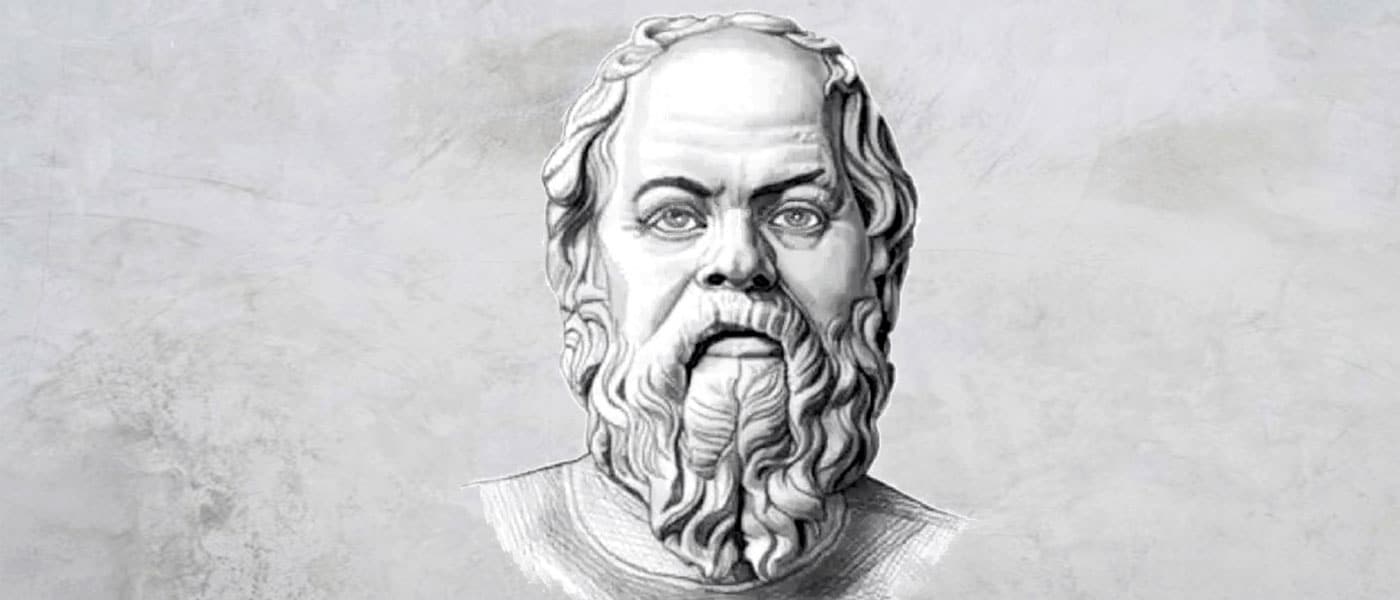
Moral absolutism is the position that there are universal ethical standards that apply to actions regardless of context.
Where someone might deliberate over when, why, and to whom they’d lie, for example, a moral absolutist wouldn’t see any of those considerations as making a difference – lying is either right or wrong, and that’s that!
You’ve probably heard of moral relativism, the view that moral judgments can be seen as true or false according to a historical, cultural, or social context. According to moral relativism, two people with different experiences could disagree on whether an action is right or wrong, and they could both be right. What they consider right or wrong differs according to their contexts, and both should be accepted as valid.
Moral absolutism is the opposite. It argues that everything is inherently right or wrong, and no context or outcome can change this. These truths can be grounded in sources like law, rationality, human nature, or religion.
Deontology as moral absolutism
The text(s) that a religion is based on is often taken as the absolute standard of morality. If someone takes scripture as a source of divine truth, it’s easy to take morally absolutist ethics from it. Is it ok to lie? No, because the Bible or God says so.
It’s not just in religion, though. Ancient Greek philosophy held strains of morally absolutist thought, but possibly the most well-known form of moral absolutism is deontology, as developed by Immanuel Kant, who sought to clearly articulate a rational theory of moral absolutism.
As an Enlightenment philosopher, Kant sought to find moral truth in rationality instead of divine authority. He believed that unlike religion, culture, or community, we couldn’t ‘opt out’ of rationality. It was what made us human. This was why he believed we owed it to ourselves to act as rationally as we could.
In order to do this, he came up with duties he called “categorical imperatives”. These are obligations we, as rational beings, are morally bound to follow, are applicable to all people at all times, and aren’t contradictory. Think of it as an extension of the Golden Rule.
One way of understanding the categorical imperative is through the “universalisability principle”. This mouthful of a phrase says you should act only if you’d be willing to make your act a universal law (something that everyone is morally bound to following at all times no matter what) and it wouldn’t cause contradiction.
What Kant meant was before choosing a course of action, you should determine the general rule that stands behind that action. If this general rule could willingly be applied by you to all people in all circumstances without contradiction, you are choosing the moral path.
An example Kant proposed was lying. He argued that if lying was a universal law then no one could ever trust anything anyone said but, moreover, the possibility of truth telling would no longer exist, rendering the very act of lying meaningless. In other words, you cannot universalise lying as a general rule of action without falling into contradiction.
By determining his logical justifications, Kant came up with principles he believed would form a moral life, without relying on scripture or culture.
Counterintuitive consequences
In essence, Kant was saying it’s never reasonable to make exceptions for yourself when faced with a moral question. This sounds fair, but it can lead to situations where a rational moral decision contradicts moral common sense.
For example, in his essay ‘On a Supposed Right to Lie from Altruistic Motives’, Kant argues it is wrong to lie even to save an innocent person from a murderer. He writes, “To be truthful in all deliberations … is a sacred and absolutely commanding decree of reason, limited by no expediency”.
While Kant felt that such absolutism was necessary for a rationally grounded morality, most of us allow a degree of relativism to enter into our everyday ethical considerations.
Ethics in your inbox.
Get the latest inspiration, intelligence, events & more.
By signing up you agree to our privacy policy
You might be interested in…
Opinion + Analysis
Relationships
Enough with the ancients: it’s time to listen to young people
Opinion + Analysis
Relationships
The niceness trap: Why you mustn’t be too nice
Big thinker
Relationships, Society + Culture
Big Thinker: Socrates
Opinion + Analysis
Health + Wellbeing, Relationships



